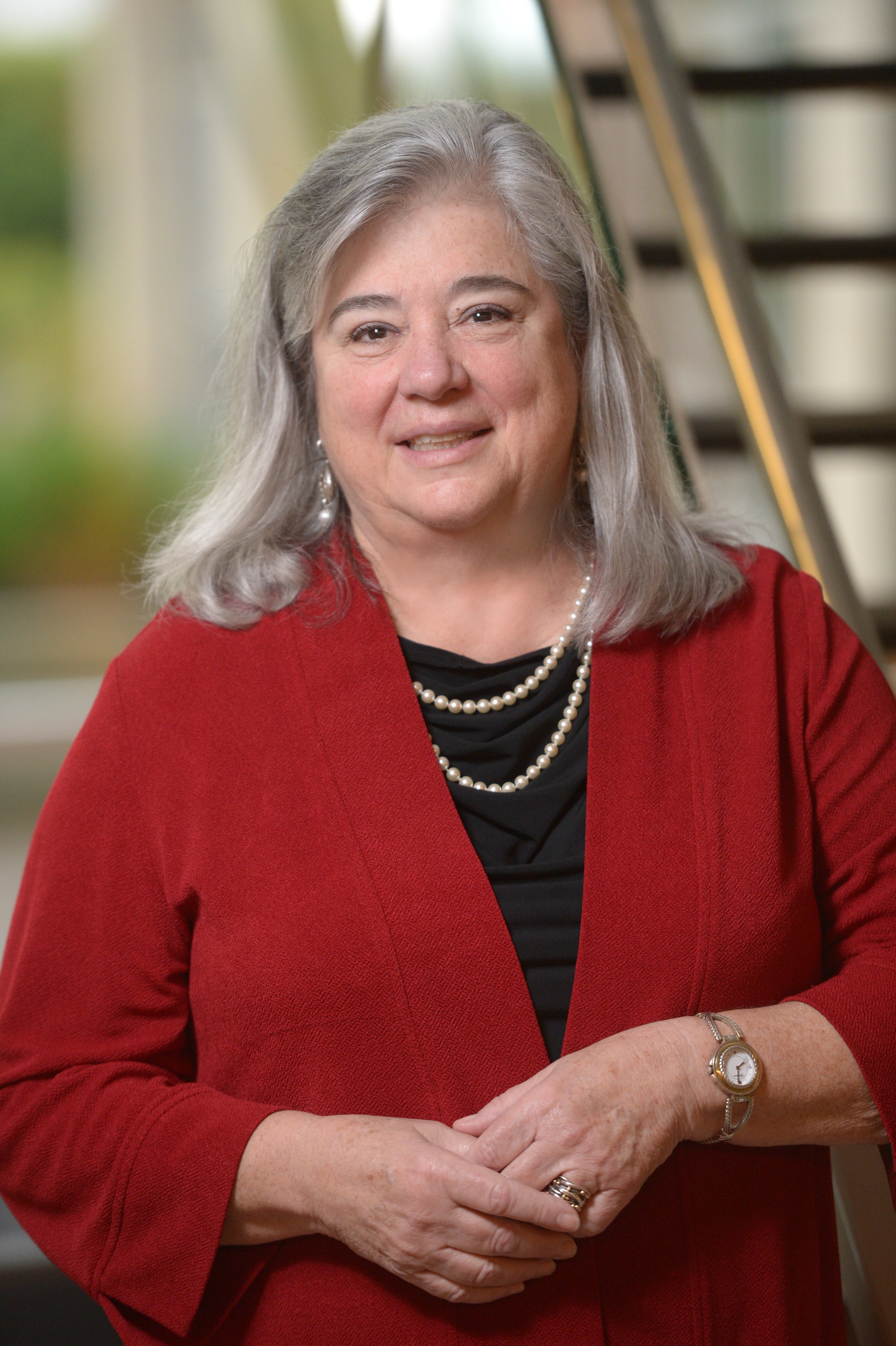Lessons From Our Olympians Apply to Nurses, Too
The Olympic Games are about inspiration: individual and team athletic achievement, well-earned medals from rigorous and lengthy training, and underdog stories of joyful winners. Many of those lessons learned during the 2020 Tokyo Olympics have meaning for us as nurses.

Unity in Diversity
As always, the Olympics illustrate human diversity, and this year’s games took it to a deliberate level, featuring an “I Belong Here” campaign and an official Olympic Committee vision of unity in diversity. Many LGBTQ+ athletes openly identified themselves—including the first openly trans athletes, Quinn from Canada and Laurel Hubbard from New Zealand—garnering much attention and debate. The Olympics Committee was transparent about their participation, and the world learned more about issues the LGBTQ+ community faces.
Educating others is a central role of nurses, and we must begin with ourselves. You may have noticed an increase in coverage of diverse populations in ONS resources. We may have made a misstep or two, but ONS is committed to providing our members with critical knowledge about the patients we serve, regardless of their race, ethnicity, sexual orientation, gender identification, economic status, or disabilities.
Mental Health and Well-Being
One of the most significant lessons from the Olympics is the connection between mental health, physical health, and safety. Before the games even started, Naomi Osaka raised the issue when she chose to withdraw from tennis tournaments. During the games, Simone Biles elevated our understanding of the importance of athletes’ mental health. I can’t imagine flipping and twisting and flying through the air, period, and her announcement drew a straight line between the physical risk if her mental health was impaired. Her bravery in being public about why she needed to withdraw shows that putting oneself first is critical.
The connection between mental health and physical health has also been a theme among nurses during the pandemic. Nurses are leaving—not just their employer but the entire profession. The mental toll affects all healthcare professionals, but especially nurses, putting them at risk for physical effects such as fatigue and sleep disturbance, and many are experiencing post-traumatic stress disorder. Nurses are sharing their stories on social media, too, further raising awareness of mental well-being.
Nurses are urging their employers to provide better staffing rather than celebrating them as heroes. Because nurses are as diverse as the patients they care for, no one-size solution is going to fix the problem. It will need to involve multiple strategies, such as well-being, organizational resources, and legislation.
Recently, a dean challenged nurses to take leadership roles in policymaking. I agree, and it’s a strategy that ONS has committed resources to for years and will continue to do so. Right now, the policies that need nursing leadership are at the local, employer level, beginning with adequate staffing and mental health support. Getting involved in those conversations is a great first step for nursing advocacy.
What the Olympic Games and the pandemic have illustrated are the strength in diversity and the connection between our mental and physical health. Diversity, inclusion, and nurse well-being are focuses for ONS, and we welcome our members’ ideas on those topics at onsboard@ons.org (mailto:onsboard@ons.org).
